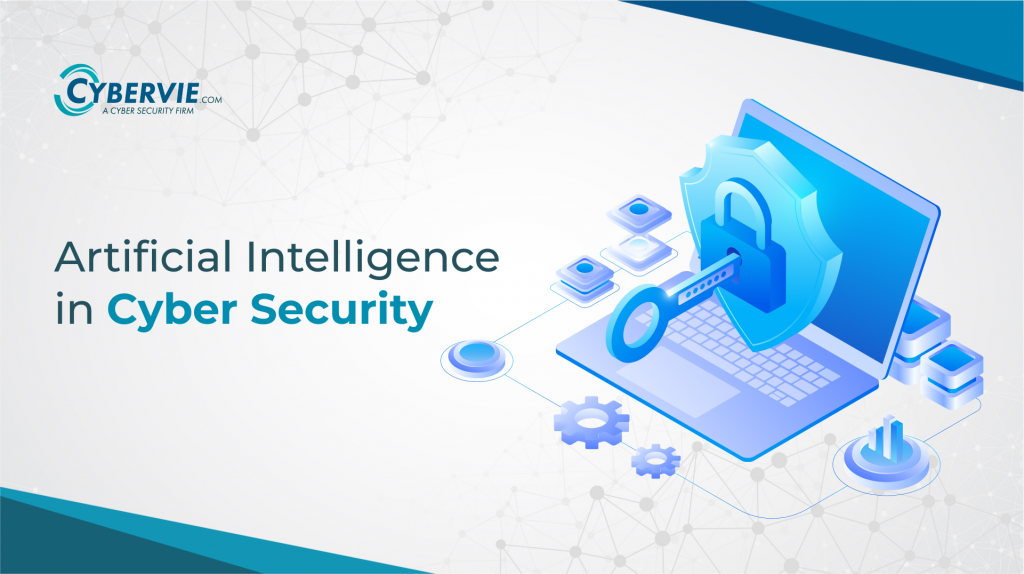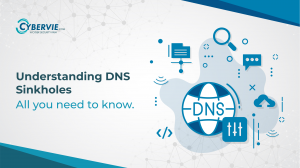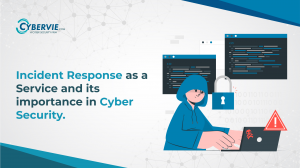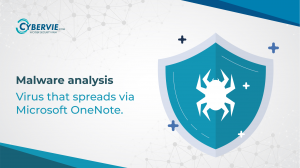Introduction
Artificial Intelligence is ideally suited to solve some of our most difficult problems, and cybersecurity certainly falls into that category. With today’s ever evolving cyber-attacks and proliferation of devices, machine learning and AI can be used to “keep up with the bad guys,” automating threat detection and respond more efficiently than traditional software-driven approaches.
At the same time, cybersecurity presents some unique challenges:
- A vast attack surface
- 10s or 100s of thousands of devices per organization
- Hundreds of attack vectors
- Big shortfalls in the number of skilled security professionals
- Masses of data that have moved beyond a human-scale problem
A self-learning, AI-based cybersecurity posture management system should be able to solve many of these challenges. Technologies exist to properly train a self-learning system to continuously and independently gather data from across your enterprise information systems. That data is then analyzed and used to perform correlation of patterns across millions to billions of signals relevant to the enterprise attack surface.
How Artificial Intelligence in cybersecurity can help stop cyber-attacks?
AI powered security solution help businesses protect ,detect and respond to threats vectors. AI can have huge impact on cyber security solutions and professionals. Since the inception of AI it can:
- Provide accuracy in detection.
- Help in accelerating the investigation.
- Automating the response
- Provide proactive mechanism of protection so that businesses and users are safe against threats.
- It can be used for doing continuous verification of a user based on behavioral biometrics.
When integrated with machine learning, AI is becoming increasingly important in cybersecurity. According to ZDNet, emerging security solutions analyze large data from millions of cyber incidents and use that data to detect risks such as phishing schemes and new malware variants.
Unfortunately, some cybercriminals are one step ahead of these detection attempts, modifying their malware code so that security software does not identify it as bad. Detecting every variant of malware is a significant challenge; however, this is where AI and ML come in. ML, in particular, is ideal for anti-malware protection solutions since it can draw on data from any type of malware that has previously been detected.
As a result, when a new type of malware surfaces, the system may compare it to the database, analyze the code, and prevent the attack. This method works even when dangerous code is concealed within enormous volumes of innocent or useless code. ML can also be used to boost cybersecurity efforts in other ways. A network-monitoring tool powered by AI can also track what users do regularly. The AI can spot anomalies and react accordingly by evaluating this data, which is a major advantage in a continuously changing world.
Benefits of using AI in cybersecurity
- AI continuously learns
AI is intelligent enough to keep learning by itself, and this can prove useful to develop network security over time. AI uses machine learning and deep learning to recognize patterns on the network and cluster them, it will then detect deviations or security incidents from the norm before responding to them. These patterns can help to improve security in the future. Similar potential threats can be detected and blocked early enough. Continuous learning makes it difficult for hackers to beat their intelligence. - AI reasoning finds threats faster.
AI analyses relationships between threats like malicious files, suspicious IP addresses or insiders in seconds or minutes. - AI eliminates time-consuming tasks.
AI provides curated risk analysis, reducing the time security analysts take to make critical decisions and remediate threats. - AI Can Handle a Lot of Data
AI can detect potential threats, even when it comes to a large chunk of data. In a company, there is a lot of communication and exchange of data internal and external. This data needs protection from malicious people and software. But it’s not possible for cybersecurity personnel to check all the traffic for possible threats. AI is the best possible solution in this case, which can detect any threat hidden in this traffic. - Better Vulnerability Management
Vulnerability management is key to securing a company’s network. As mentioned earlier, an average company deals with many threats daily. It needs to detect, identify and prevent them to be safe. Analyzing and assessing the existing security measures through AI research can help in vulnerability management. With the use of vulnerability management tool analyzing threat becomes much easier for the companies. - Duplicative Processes Reduce
Attackers often change their tactics often. But, the basic security best practices remain the same every day. If you hire someone to handle these tasks, they may get bored along the way. Or they could feel tired and complacent and miss an important security task and expose your network. AI, while mimicking the best of human qualities and leaving out the shortcomings, takes care of duplicative cyber security processes that could bore your cyber security personnel. - Accelerates Detection and Response Times
When your company network is compromised, it’s important to act fast and take necessary measures immediately. “Prevention is better than cure” It’s safer to block a threat than go and counter it later when it’s already done a lot of damage. AI can identify these threats early enough and block them before they cause any harm. - Securing Authentication
When your company network is compromised, it’s important to act fast and take necessary measures immediately. “Prevention is better than cure” It’s safer to block a threat than go and counter it later when it’s already done a lot of damage. AI can identify these threats early enough and block them before they cause any harm. Most websites have a user account feature where one logs in to access services or buy products. Some have contact forms that visitors need to fill with sensitive information. As a company, you need an extra security layer to run such a site because it involves personal data and sensitive information. The additional security layer will ensure that your visitors are safe while browsing your network. AI secures authentication anytime a user wants to log into their account. AI uses various tools such as facial recognition, CAPTCHA, and fingerprint scanners amongst others for identification.
Downsides of Artificial Intelligence in Cyber Security
The advantages discussed above are just a small chunk of the potential of AI in improving cybersecurity.
However, as with anything, there are also some downsides to using AI in this field. In order to build and maintain an AI system, organizations would need substantially more resources and financial investments.
Furthermore, as AI systems are trained using data sets, you must acquire many distinct sets of malware codes, non-malicious codes, and anomalies. Acquiring all of these data sets is time-intensive and requires investments that most organizations cannot afford.
Without huge volumes of data and events, AI systems can render incorrect results and/or false positives. And getting inaccurate data from unreliable sources can even backfire.
Another major downside is that cybercriminals can also use AI to analyze their malware and launch more advanced attacks, which brings us to the next point.
Conclusion
In recent years, AI has emerged as required technology for augmenting the efforts of human information security teams. Since humans can no longer scale to adequately protect the dynamic enterprise attack surface, AI provides much needed analysis and threat identification that can be acted upon by cybersecurity professionals to reduce breach risk and improve security posture. In security, AI can identify and prioritize risk, instantly spot any malware on a network, guide incident response, and detect intrusions before they start.
AI allows cybersecurity teams to form powerful human-machine partnerships that push the boundaries of our knowledge, enrich our lives, and drive cybersecurity in a way that seems greater than the sum of its parts.








